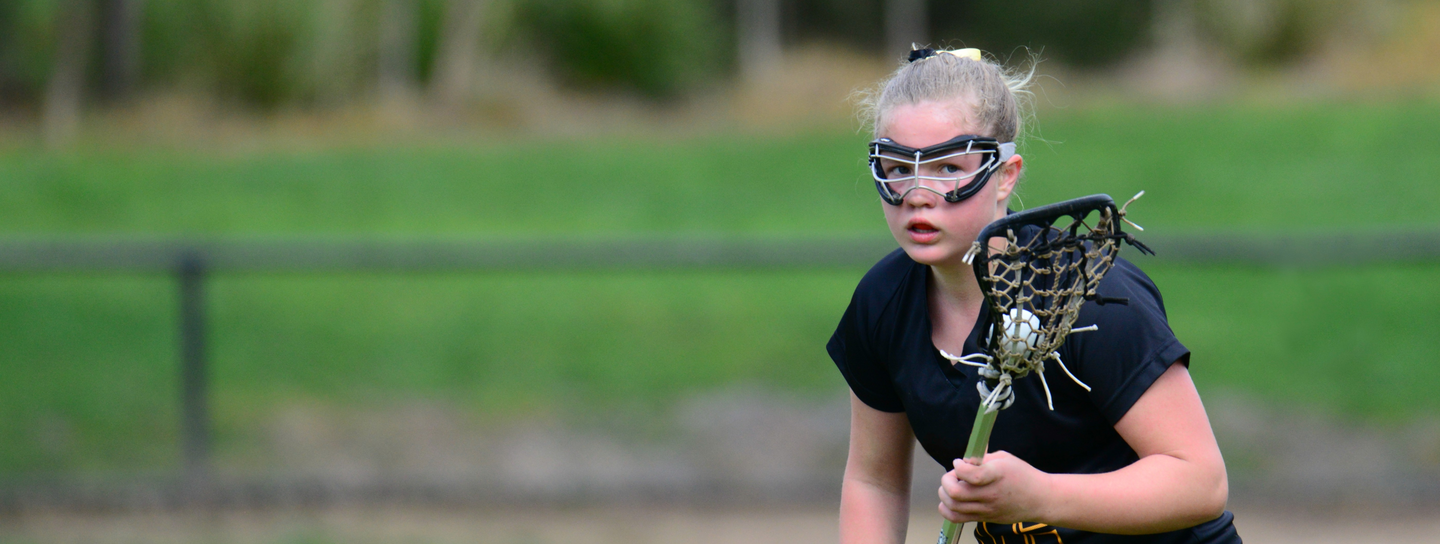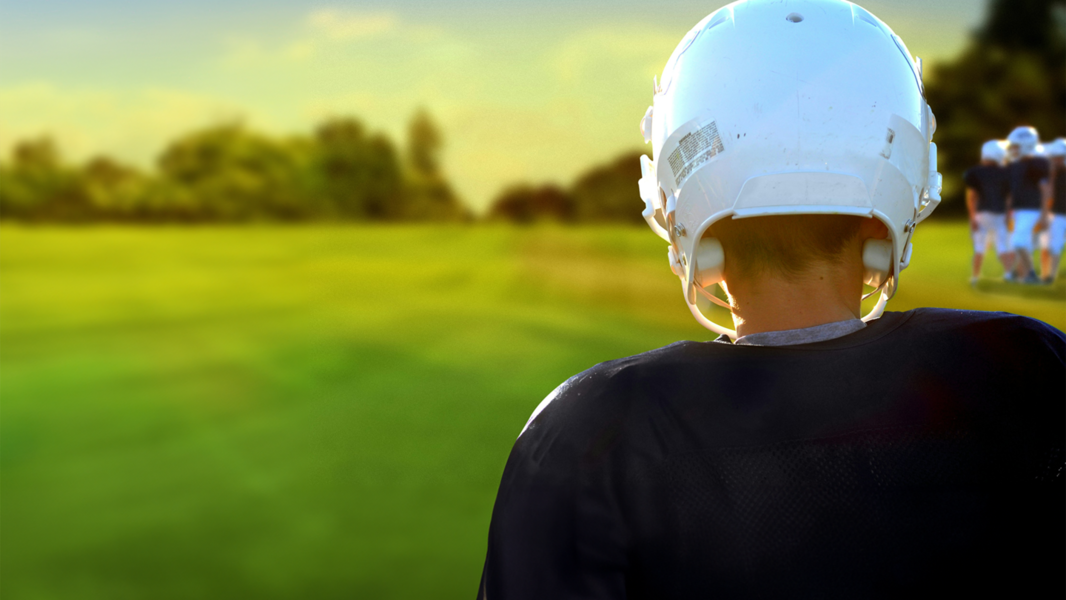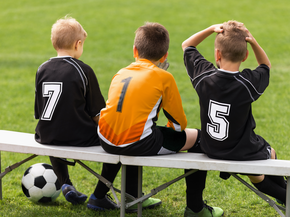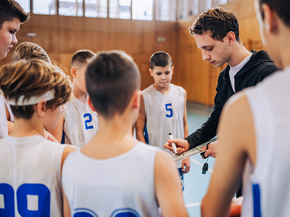
Concussion

Concussion
St. Luke's Sports Medicine Concussion Clinic
The CDC estimates that 1.8 to 3.6 million sports- and activity-related concussions happen each year in the United States. Because so many people are affected, providers at St. Luke's have established St. Luke's Sports Medicine Concussion Clinic to support patients and their primary care physicians in southern Idaho.
Our mission is to set the standard in the comprehensive care of concussion through a multidisciplinary approach to prevention and care, as well as research, family support, and community reintegration.
To make an appointment at St. Luke's Sports Medicine Concussion Clinic, please contact us:
- Phone: (208) 381-2665
- Fax: (208) 381-9201 for referring providers
Concussion Clinic Offerings
- Evaluation and management of concussions
- Assistance in academic and work accommodations
- Access to evaluation and therapy for cognitive and vestibular consequences of concussion
- Treatment of post-concussion symptoms
- Coordination of care with rehabilitation resources, including occupational therapy, physical therapy, speech-language pathology, and the Outpatient Brain Injury Program

Signs & Symptoms of Concussion
The CDC recommends that if you or someone else exhibits any of these signs or symptoms, you should seek treatment from a qualified healthcare professional immediately. Contact your primary care provider or call St. Luke's Sports Medicine Concussion Clinic at (208) 381-2665.
Signs of Concussion
- Appears to be dazed or stunned
- Forgets plays
- Unsure of game, score, or opponent
- Moves clumsily
- Answers questions slowly
- Forgets events prior to hit
- Forgets events after hit
Symptoms of Concussion
- Prolonged headache
- Vision disturbances
- Dizziness
- Nausea or vomiting
- Impaired balance
- Confusion
- Memory loss
- Ringing ears
- Difficulty concentrating
- Sensitivity to light or noise
- Behavior or personality changes
- Loss of consciousness (rare)
Red Flags: Get Emergency Medical Care
- One pupil larger than the other
- Drowsiness or inability to wake up
- A headache that gets worse and does not go away
- Slurred speech, weakness, numbness, or decreased coordination
- Repeated vomiting or nausea, convulsion or seizures (shaking or twitching)
- Unusual behavior, increased confusion, restlessness, or agitation
- Loss of consciousness (passed out/knocked out); even a brief loss of consciousness should be taken seriously
Dangerous Signs & Symptoms of Concussion for Toddlers and Infants
- Any of the signs and symptoms listed for older individuals
- Will not stop crying and cannot be consoled
- Will not nurse or eat
Concussion Information & Resources

Concussion Resources
We've collected resources and education for your review. The more you know about preventing concussion, the better prepared you or your athlete will be.

Concussion Research
The St. Luke's Sports Medicine Concussion Clinic partners with teams and experts to lead various research projects that serve our patients and their families.

14th Annual Concussion Symposium
Our annual symposium on concussions takes place every April and is targeted toward anyone interested in the management of concussion in youth.